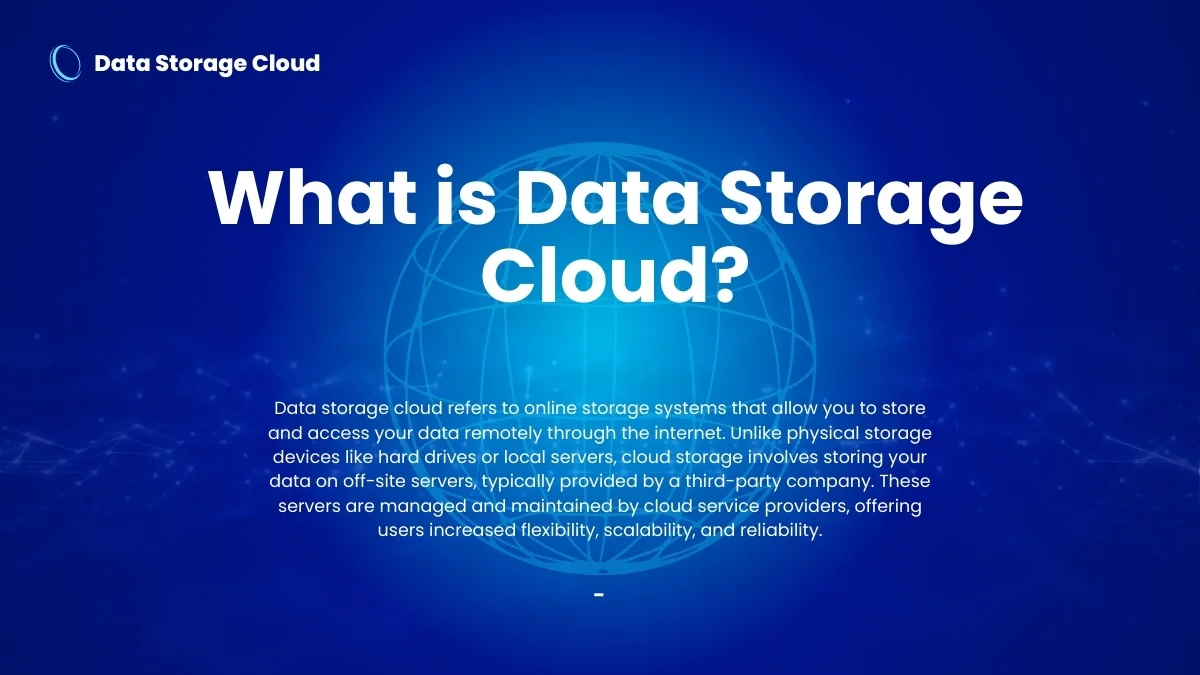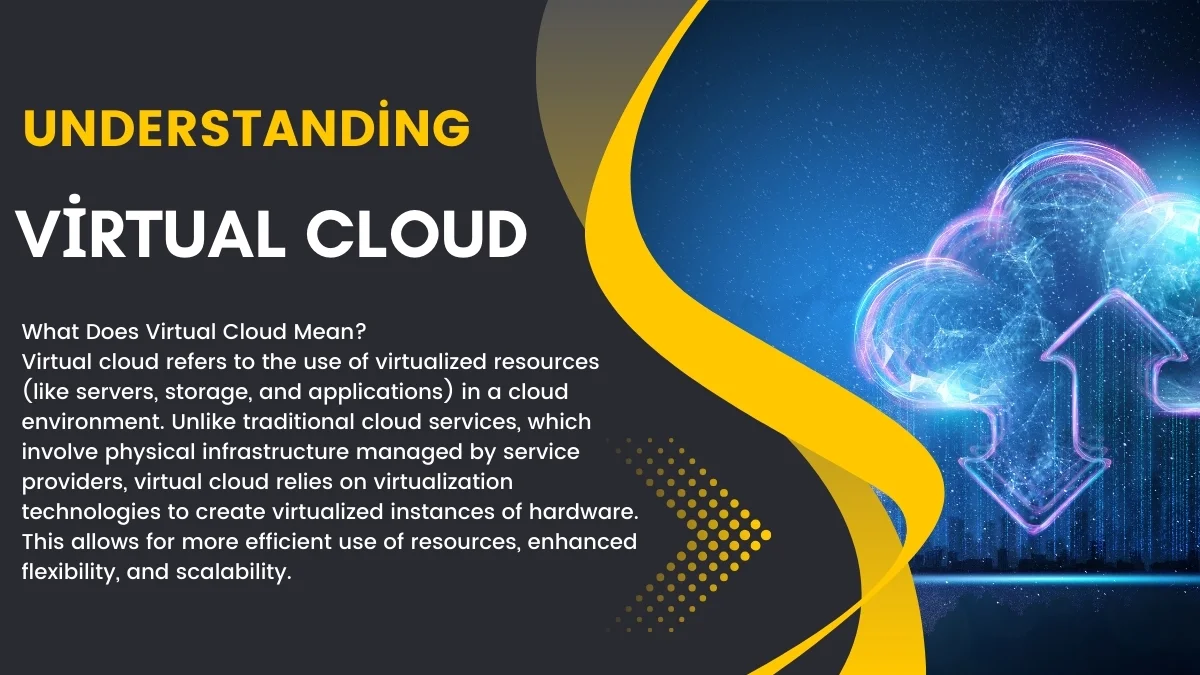The Ultimate Guide to Backup Cloud: Protecting Your Data in the Cloud
In today’s digital age, data is one of the most valuable assets. With businesses and individuals storing more and more information online, ensuring the safety of that data has become a priority. Backup cloud services have emerged as a critical solution to keep your data secure. Whether you’re dealing with important business documents or cherished memories, having a reliable backup in the cloud is essential. In this guide, we will explore everything you need to know about backup cloud, how it works, and why it’s a must-have for anyone looking to protect their digital assets.
What is Backup Cloud?
A backup cloud is an online service that allows users to store copies of their data on remote servers. These cloud servers, typically managed by third-party providers, ensure that your data is safe and accessible whenever you need it. Unlike traditional hard drives or local servers, cloud backups offer remote access, enhanced security, and the ability to scale storage as needed.
Why Do You Need a Backup Cloud?
Data Loss Can Happen Anytime
Data loss is a nightmare for many businesses and individuals. Whether due to accidental deletion, hardware failure, or malicious attacks, losing your important files can have serious consequences. Backup cloud services provide a safeguard against these threats by ensuring that your data is securely stored off-site, reducing the risk of permanent loss.
Cloud Solutions Offer High Reliability
Cloud storage providers offer high levels of uptime and redundancy. With multiple copies of your data stored in different locations, the chances of complete data loss are minimized. Cloud-based solutions typically use enterprise-grade infrastructure, ensuring that your backups are reliable and accessible at any time.
Types of Backup Cloud Services
Cloud-Based Storage Solutions
One of the most common forms of backup cloud is cloud-based storage. These solutions provide an easy way to back up data without worrying about hardware. Popular options like Google Drive, Dropbox, and OneDrive make it simple to store, share, and retrieve files from anywhere with an internet connection.
Virtual Private Cloud (VPC) for Backups
For businesses with specific security or compliance needs, a virtual private cloud (VPC) can provide enhanced control over the backup process. A VPC ensures that data is stored in a private, isolated environment, offering a higher level of security and customizability compared to public cloud storage solutions.
How Backup Cloud Works
Encryption and Security Measures
One of the biggest concerns with backup cloud is security. Reputable cloud service providers use strong encryption methods to protect your data during transmission and while at rest. This ensures that your sensitive information remains secure from unauthorized access.
Data Redundancy and Backup Methods
Cloud backup services often use data redundancy techniques, where multiple copies of your data are stored in different locations. This provides an extra layer of protection. If one server fails, another can take over, ensuring that your data remains intact and accessible.
Key Benefits of Using Backup Cloud
Scalability and Flexibility
With backup cloud, you can scale your storage needs according to your requirements. As your data grows, you can easily increase your storage capacity without the need for expensive hardware upgrades.
Cost-Effectiveness
Investing in physical backup infrastructure can be expensive. Backup cloud solutions, on the other hand, typically operate on a subscription-based model, making them more affordable. You only pay for the storage you use, which can help reduce costs in the long run.
Choosing the Right Backup Cloud Provider
Factors to Consider
When selecting a backup cloud provider, it’s important to consider factors like security protocols, storage capacity, customer support, and pricing. Look for a provider that offers flexible plans and a reputation for reliability.
Top Backup Cloud Providers
Some of the leading backup cloud providers include Amazon Web Services (AWS), Google Cloud Storage, and Microsoft Azure. These companies offer robust, scalable solutions suitable for both individual and business use.
Common Use Cases for Backup Cloud
Business Continuity
For businesses, backup cloud plays a critical role in ensuring business continuity. In case of a disaster, companies can quickly restore their data and resume operations without significant downtime.
Data Archiving and Disaster Recovery
Many organizations use backup cloud as part of their disaster recovery plan. Archiving data in the cloud ensures that it can be restored quickly in the event of a system failure or cyberattack.
Cloud Backup vs. Traditional Backup
Speed and Accessibility
Unlike traditional backup methods, such as external hard drives or tapes, backup cloud allows for faster and more convenient access to data. You can retrieve your files from anywhere, as long as you have an internet connection.
Security and Compliance
Cloud backup solutions also offer better security and compliance features than traditional methods. Providers ensure that your data is encrypted and stored in compliance with industry regulations.
Conclusion
In today’s world, safeguarding your data is essential. Backup cloud services provide a reliable, scalable, and secure solution to keep your data protected. Whether for personal use or business continuity, backup cloud ensures that you never have to worry about losing your important files again. Don’t wait for disaster to strike—make the smart move today and back up your data in the cloud.
Frequently Asked Questions (FAQs)
- What is the difference between cloud storage and backup cloud?
- Cloud storage allows you to store files and access them online, while backup cloud specifically focuses on securing copies of your data for recovery in case of data loss.
- Is cloud backup secure?
- Yes, reputable backup cloud providers use encryption and other security measures to protect your data from unauthorized access.
- Can I access my backed-up data from any device?
- Yes, one of the advantages of backup cloud is that you can access your data from any device with an internet connection.
- How often should I back up my data to the cloud?
- It’s recommended to set up automatic backups to ensure your data is backed up regularly, especially for businesses with large amounts of critical data.
- What happens if my cloud backup provider goes out of business?
- Most cloud providers offer migration tools and give you advance notice to ensure you can transfer your data to another provider before they shut down.








